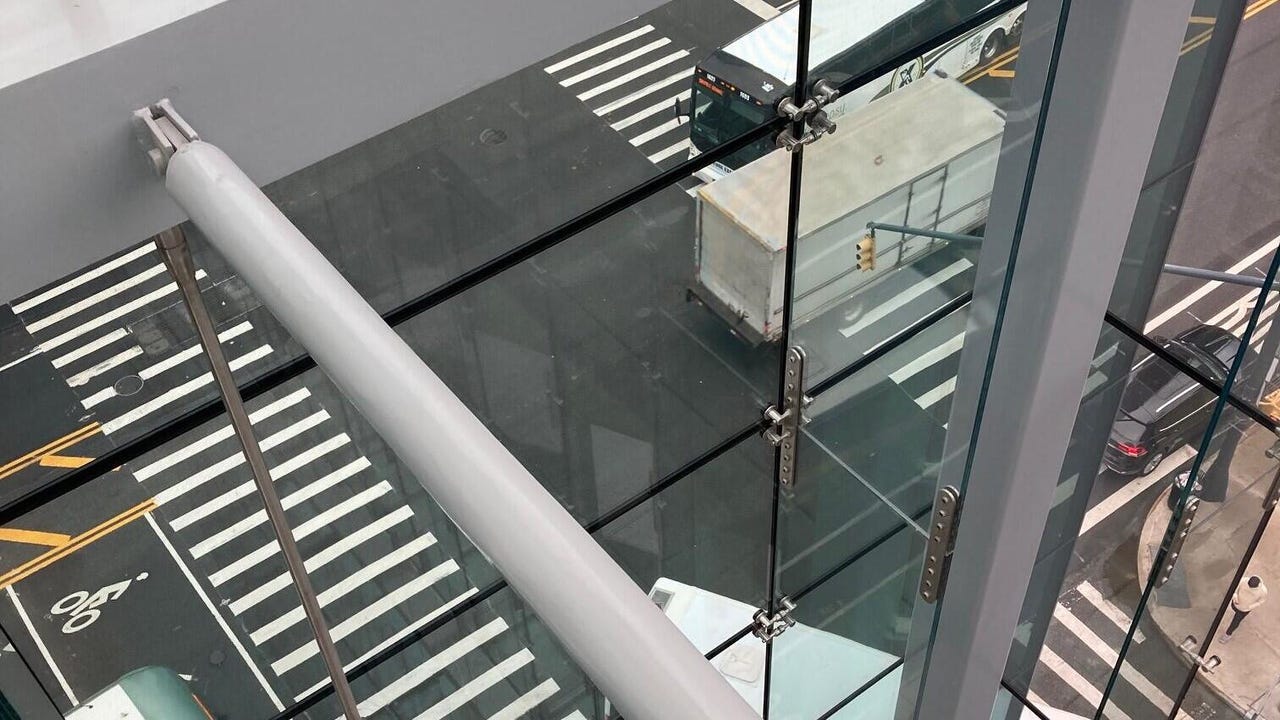































 Joe McKendrick
Joe McKendrick If you are at a company that depends on frontline workers, such as those who work on operating trucks, heavy machinery, or production lines, you're going to see increasing degrees of automation reshaping these positions. One thing that may not happen any time soon, however, is seeing these workers replaced by automation or AI. Instead, their roles will be enhanced. For example, while completely autonomous trucks are years away, intelligent vehicles will manage employees' driving habits through cameras and sensors.
There are some things that machines are simply better at doing than humans, but humans still have plenty going for them. Here's a look at how the two are going to work in concert to deliver a more powerful future for IT, and the human race.
Read nowWhile this may sound like a negative, it's actually helping to enhance the employee experiences of drivers and workers. For example, drivers will have documented, recorded evidence of positive habits, thus enabling reward systems to be designed accordingly. The increased commitment to safety also makes for more attractive places to work at a time when skilled workers are hard to find.
That's the word from Sanjit Biswas, co-founder and CEO of Samsara, who has been focusing on building technology for the frontline since launching his company in 2015. I caught up with Biswas at his company's latest user conference, where he reflected on how the critical role of frontline workers was brought to light during the pandemic.
"Our customers did not stop, they are essential services," he says. "They kept the world running, If they stopped for any reason, we wouldn't have food, we wouldn't have electricity, we wouldn't have water. For that reason, figuring out how to enable them, and give them the best tools is important."
Also: Moving beyond employee surveillance in transportation
It's not practical, however, to provide frontline workers with the same tools used by office professionals. "Most of them don't go into an office," says Biswas. "There's no sit down at their desk and do the training. They're on the job." For many of these workers, technology needs to run in the background, or support workflows through mobile devices.
There are implications for the job satisfaction and productivity of these workers. Often subject to arbitrary rewards and frustrating working conditions, technology may finally be offering relief. Because frontline workers work in real-time situations, such as operating vehicles, they don't have the luxury of sitting down in front of laptops or smartphones to ponder what data may be telling them.
A survey conducted by Forbes and Microsoft a few years back found there's a direct connection between empowering this workforce and improving the bottom line. Thirty-one percent of organizations that have the highest degree of digital connectivity and empowerment -involving more than 75% of their first-line workers -saw more than 20% growth over the past year. In contrast, only 11% of organizations with low levels of empowerment -with less than 25% of their workers connected -saw such growth.
"Labor turnover rates are high," says Biswas. "When people are starting a new job, we need to make it much easier for them to get them up to speed. People are comfortable with apps in a deeper way than they are comfortable learning through a paper-based way, or with a big binder manual. Now everyone is comfortable online. Now when you put a new tool in front of them, that looks and feels the same as apps, they get it almost instantly."
With the precise data developed through onboard or mobile devices, rewards programs can be enhanced and developed, he continues. "We spent time talking to users, and they're truly proud of their safety accomplishments. They take pride in how safely they operate. To be able to show that, essentially on a report card, or leaderboard, or however you want to think about it. It gamifies it in a really positive way. When you can turn it into a positive feedback loop, people feel appreciated. They're working hard, they're doing their job incredibly well, and they become role models inside their organization. That absolutely helps in terms of retention, and helps reduce turnover massively."
 Hot Tags :
Business
Internet of Things
Hot Tags :
Business
Internet of Things